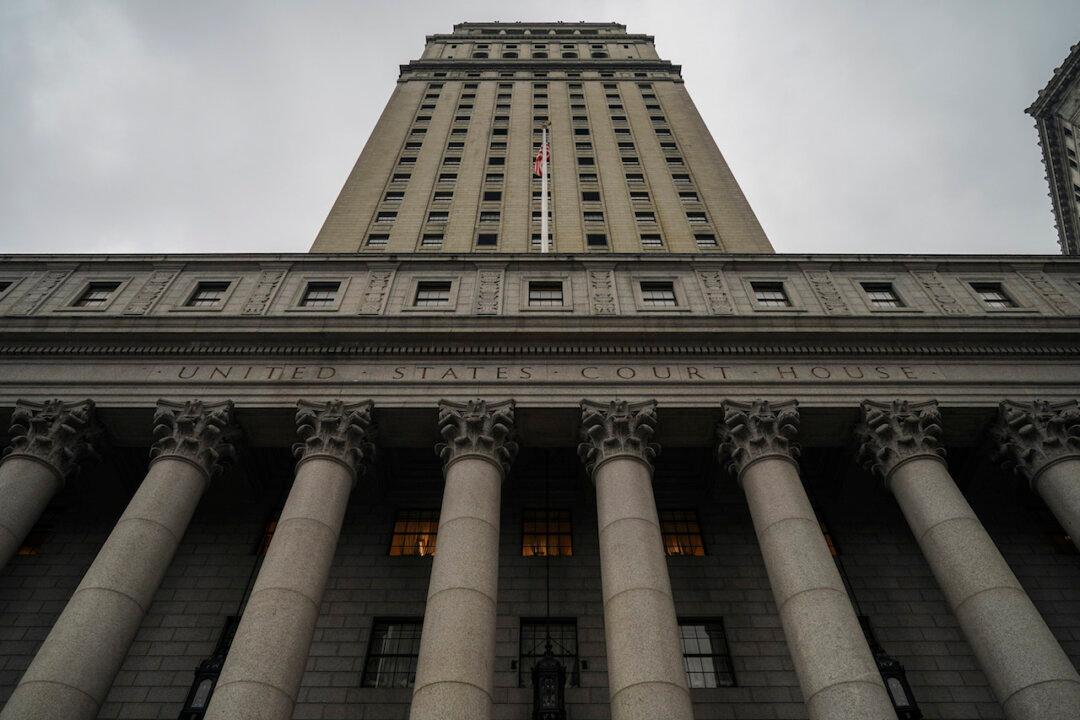A federal appeals court in New York has refused to set aside a nationwide block on a new “public charge” rule, which restricts the eligibility of new immigrants who are deemed to likely become “public charges” to obtain visas.
A three-judge panel at the U.S Court of Appeals for the Second Circuit denied motions on Wednesday to stay an injunction (pdf) issued by a district judge in New York (pdf) to halt the Department of Homeland Security’s (DHS) rule while the appeal is heard in court. The court’s decision is the latest in the Trump administration’s fight to enforce the immigration law aiming to expand the definition of “public charges” in the Immigration and Nationality Act (INA).




